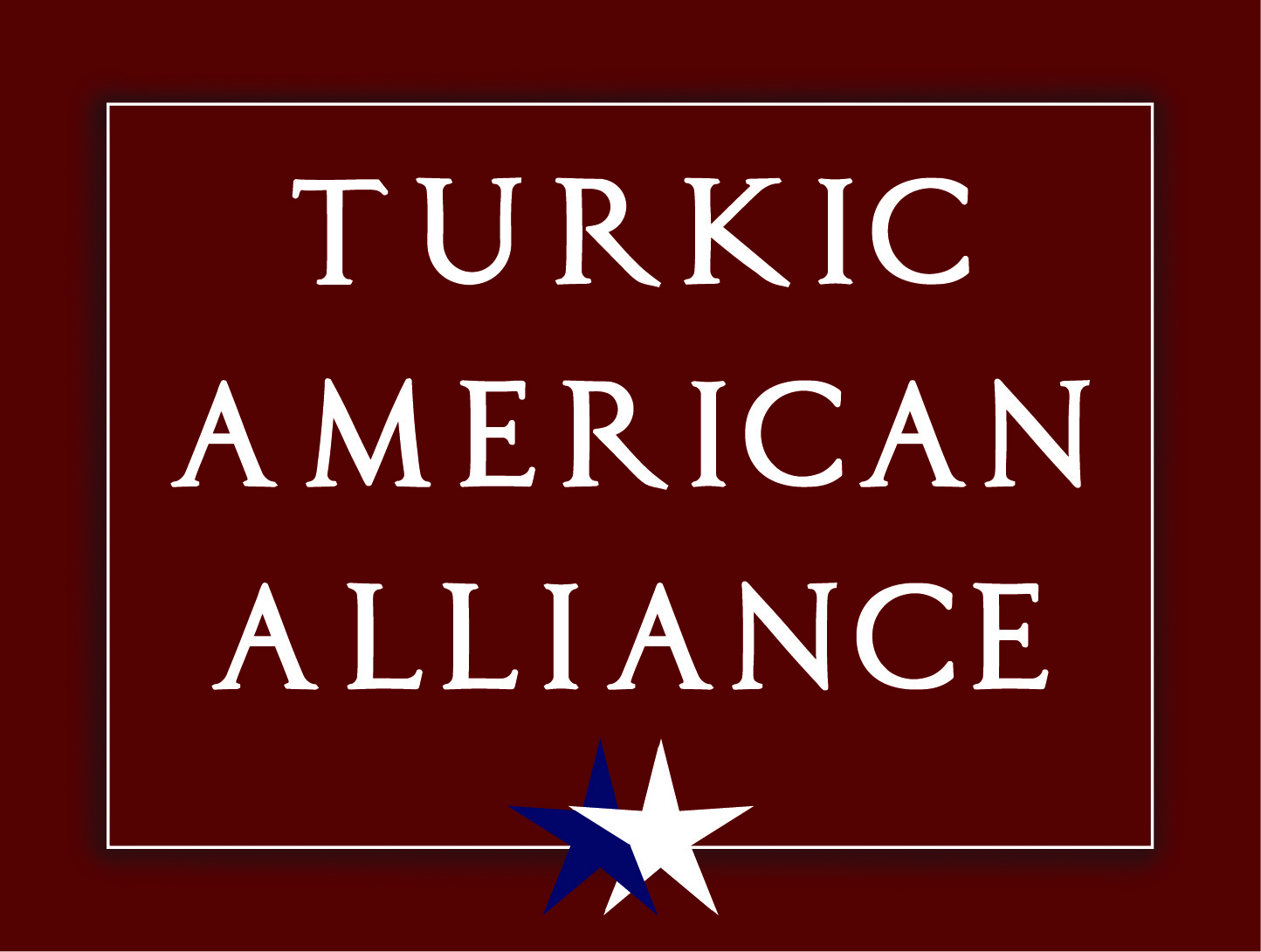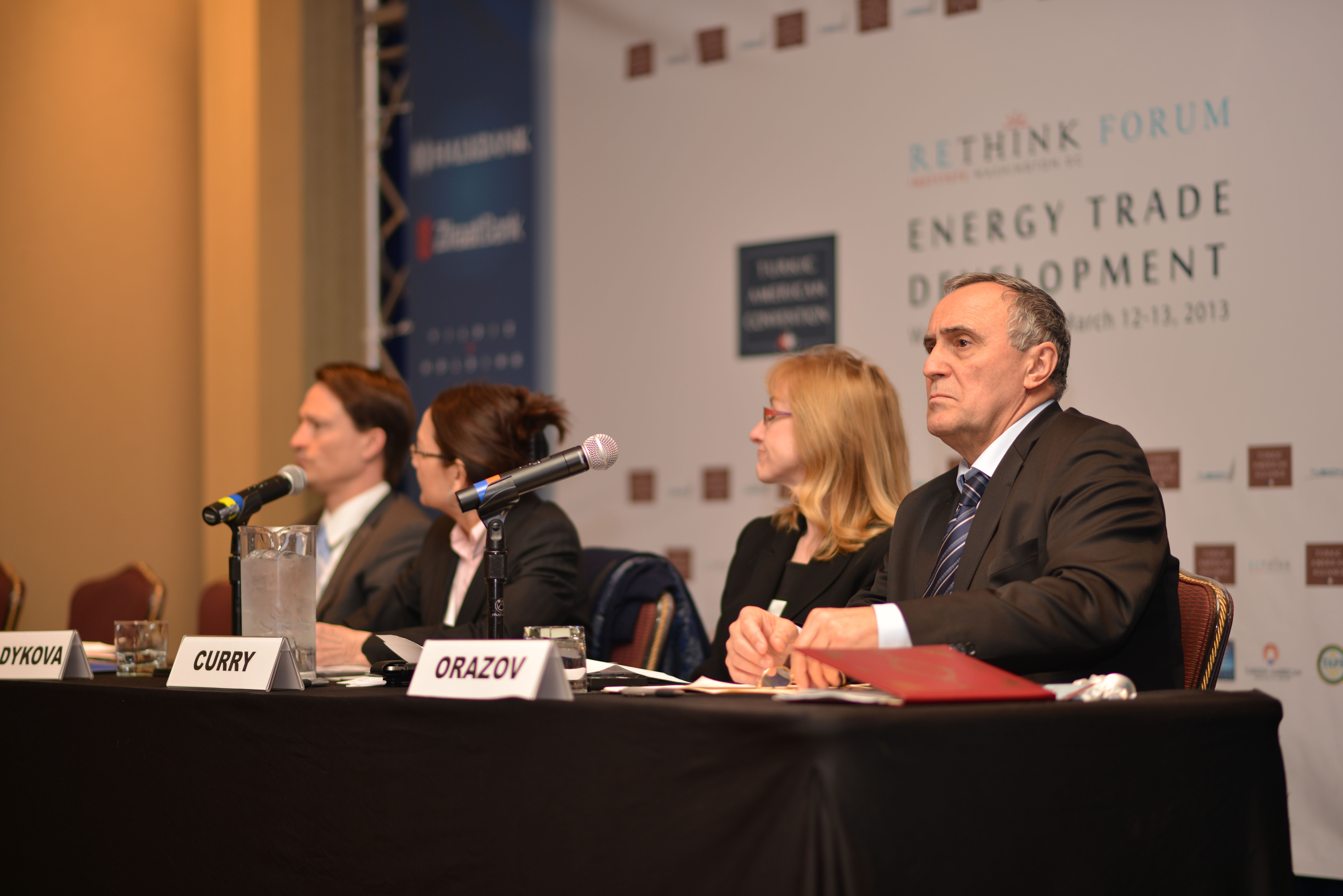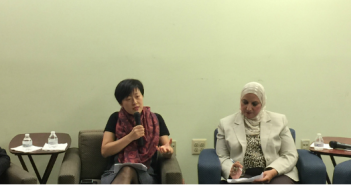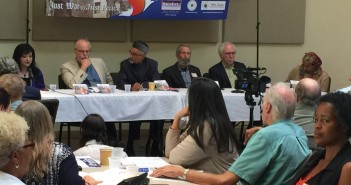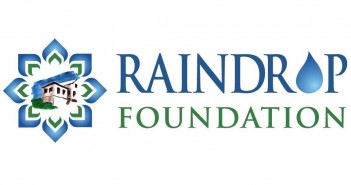Moderator: Najiya Badykova, President, Antares Strategy
Panelists: H.E. Meret Orazov, Ambassador of Turkmenistan ot the US
Laurie Curry, Director of Central Asia, Office of US Trade Representative
Eric Stewart, Director , US –Turkmenistan Business Council
Robert Blake, Assistant US secretary of State, South and central Asian Affairs, “U.S. and Turkey relations have never been stronger than they are today.”
State’s Blake on U.S. Relations with Turkmenistan
U.S. Department of State
Remarks
Robert O. Blake, Jr.
Assistant Secretary, Bureau of South and Central Asian Affairs
Turkic American Convention
Washington, DC
March 13, 2013
The Energy, Trade, and Development Forum – Turkmenistan Session
Thank you, Dr. Badykova, for the kind introduction, and thank you to the Turkic American Alliance for inviting me here today to speak at its third annual convention. The theme of this year’s convention, “energy, trade and development,” provides the perfect context for a conversation about Turkmenistan, as these are all topics that come up regularly in our meetings with our Turkmen friends.
I’d like to talk with you about the current status of our bilateral relationship with Turkmenistan, and our vision for how Turkmenistan, especially in the context of energy and trade, can make a vital contribution to the vision of a “New Silk Road.”
Relations between the United States and Turkmenistan have never been stronger. That is most evident in the open dialogue that exists between our two countries on the full range of bilateral issues. Since 2010, we have held annual bilateral consultations with the Government of Turkmenistan, which will continue with the next round later this year in Ashgabat. I’m pleased to see my colleague, Ambassador Orazov, on the panel here today, as he has been a good partner for us in broadening and deepening this relationship.
In January I had very productive meetings with President Berdimuhamedov and other senior Turkmen officials in Ashgabat, and later this month Foreign Minister Meredov will come to Washington to meet with Secretary Kerry. In these talks we discuss frankly, as friends, all aspects of our relationship, including our appreciation for the support that Turkmenistan provides to Afghanistan and its leadership on increasing regional connectivity and economic cooperation; the growing commercial relationship between our countries; and the importance of building civil society and democratic institutions and ensuring respect for human rights.
Increasing people-to-people ties and cultural exchanges are an important part of developing any bilateral relationship. Last November, our embassy in Ashgabat staged a three-day “U.S. Culture Days in Turkmenistan” event that featured American jazz, bluegrass, and rock groups; a painter and a jewelry maker, both from Albuquerque, New Mexico, with which Ashgabat has a sister city relationship; a delegation from the Smithsonian Institution, which has longstanding collaboration with Turkmenistan; and a chef from New York.
Our Deputy Assistant Secretary of State Jim Moore led the delegation and told me that two of most memorable highlights were Turkmen and U.S. musicians performing together on the stage of the beautiful Mukamlar Palace concert hall and a traditional American Thanksgiving turkey dinner where young musicians from our two countries “broke bread” together. Diplomacy is ultimately about connections between people, and these types of people-to-people exchanges play a uniquely important role in advancing our overall relationship.
Our shared interest in a stable, secure, and prosperous Afghanistan is a major part of that relationship. Turkmenistan, with its strategic location and abundant hydrocarbon resources, is an important partner in advancing the “New Silk Road” vision of greater regional connectivity and economic integration. The economic potential of a more open and integrated region – home to over one-fifth of the world’s population – is virtually unlimited. By promoting such linkages between the countries of South and Central Asia, this potential can be unlocked and create the conditions for a secure and prosperous region, with Afghanistan at its center.
Many skeptics initially pointed out that Central Asia was a region that had too often rejected regional approaches. However, over the past two years, the Central Asians, including Turkmenistan, have increasingly embraced the New Silk Road vision of regional integration. Turkmenistan, as the co-chair for the Regional Infrastructure confidence building measure under the Istanbul Process, recently led the creation of a regional plan for developing infrastructure to enhance Afghanistan’s links with its neighbors.
Turkmenistan has taken other significant steps to develop regional infrastructure. A rail line that will provide a new trade route and outlet for Afghan goods through the Caspian Sea is under construction, and additional rail connections are being planned. New transmission lines will soon greatly increase the flow of discounted electricity to Afghanistan. A new bridge was just completed over the Amu Darya River, and two more are under construction, all of which will further support the movement of goods through the region.
Energy is an area where Turkmenistan stands poised to make its greatest contribution to the New Silk Road effort. The most notable example is, of course, the Turkmenistan-Afghanistan-Pakistan-India, or “TAPI,” natural gas pipeline.
The TAPI pipeline project perhaps best represents the scale and economic impact that is possible through better regional cooperation and integration. Rather than an agreement between two nations that share a border, the TAPI pipeline project is a true multinational effort and has the potential to turn what some viewed as the impossible into the profitable: Turkmenistan finds buyers for its under-utilized natural gas supply; Afghanistan creates jobs to build and maintain the pipeline infrastructure from border to border and receives transit revenues to make it more fiscally independent; and Pakistan and India gain a stable, guaranteed source of energy that their growing economies desperately require.
Much work remains to be done to make this project a reality, particularly in creating the commercial framework that will allow a major international oil company to participate in developing the gas fields that will feed the pipeline, but TAPI is closer to reality today than many would have dreamed possible just a few short years ago.
With a population of fewer than six million people, Turkmenistan is not a large consumer market; nevertheless, our business ties continue to grow steadily. Since 2010, our two-way trade with Turkmenistan has nearly doubled, and more and more American companies are finding business opportunities there. Last May, representatives from 104 U.S. companies traveled to Turkmenistan to showcase their products and establish relationships with Turkmen buyers at the third U.S.-Turkmenistan Business Forum.
We hope to build on that success at the next business forum this April 30 in Ashgabat, and we hope to see many of you there. This year’s forum will focus on the energy and agriculture sectors and will feature panel discussions with U.S. and Turkmen industry executives, as well as government and academic experts on subjects ranging from the world’s natural gas markets, multilateral gas pipeline development, alternative energy, to increasing crop yields.
Turkmenistan’s recent announcement that it will pursue membership in the WTO is very important, not only for our own expanding commercial ties, but also because we believe strongly that open, inclusive trade regimes in the region benefit everyone. 2012 import data from each of the five Central Asian countries indicate that intra-regional trade stands at a meager $3 billion, only 6.2 percent of total imports into Central Asia. Clearly there is potential for much greater trade between the Central Asian states, and there are hopeful signs of change, as the idea of open markets and trade routes is gaining momentum in the region.
Tajikistan has just finalized its accession to the WTO; Kyrgyzstan already is a member; Kazakhstan and Afghanistan are making good progress; and Uzbekistan has shown welcome renewed engagement. Turkmenistan has demonstrated its commitment by assembling an interagency team to oversee the accession process and has already engaged in initial talks with the WTO secretariat in Geneva. Working with our colleagues at USTR and USAID, we will provide technical assistance to Turkmenistan as it embarks on the journey to WTO membership.
By establishing a shared, neutral, rules-based dispute settlement mechanism through a body like the WTO, everyone benefits. More favorable investment conditions will create business opportunities for Turkmen, U.S. and other international companies. And the people of the region will be the beneficiaries of that investment, in the form of increased prosperity, stability, and security.
In conclusion, I’m very optimistic about the future of our relationship with Turkmenistan and Turkmenistan’s growing engagement with its neighbors. Foreign Minister Meredov’s upcoming visit will provide another opportunity to further deepen the relationship between our two countries and to explore new areas for cooperation. We look forward to discussing the positive steps Turkmenistan has taken toward fulfilling the New Silk Road vision and to exploring ways that the United States can partner with Turkmenistan to create a peaceful and prosperous future for the region.
And with that, I look forward to your questions.
Retrieved from: http://iipdigital.usembassy.gov/st/english/texttrans/2013/03/20130313144094.html#ixzz2No82Db9y
